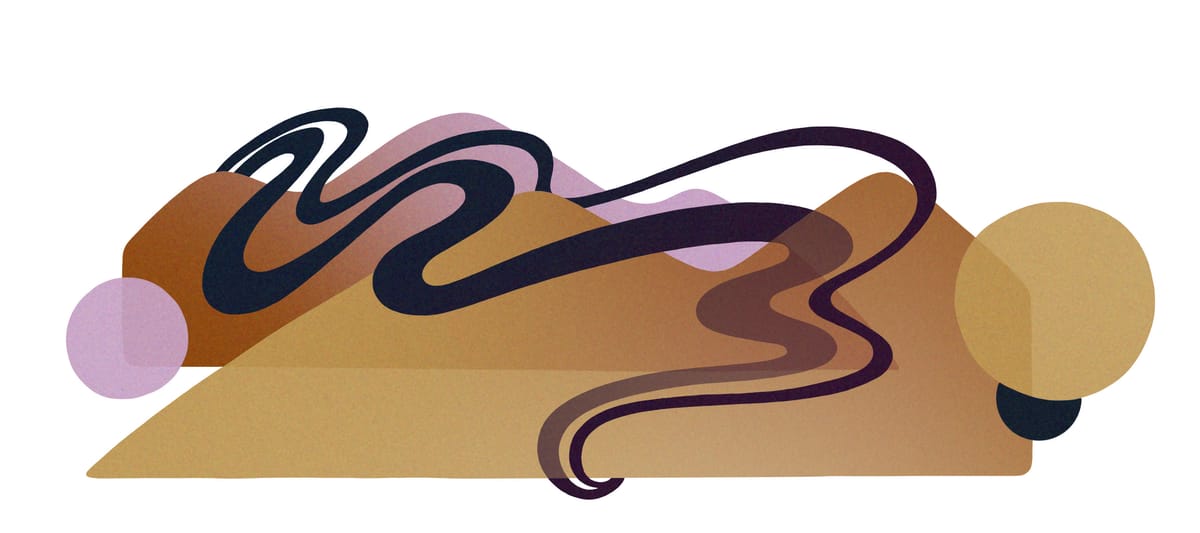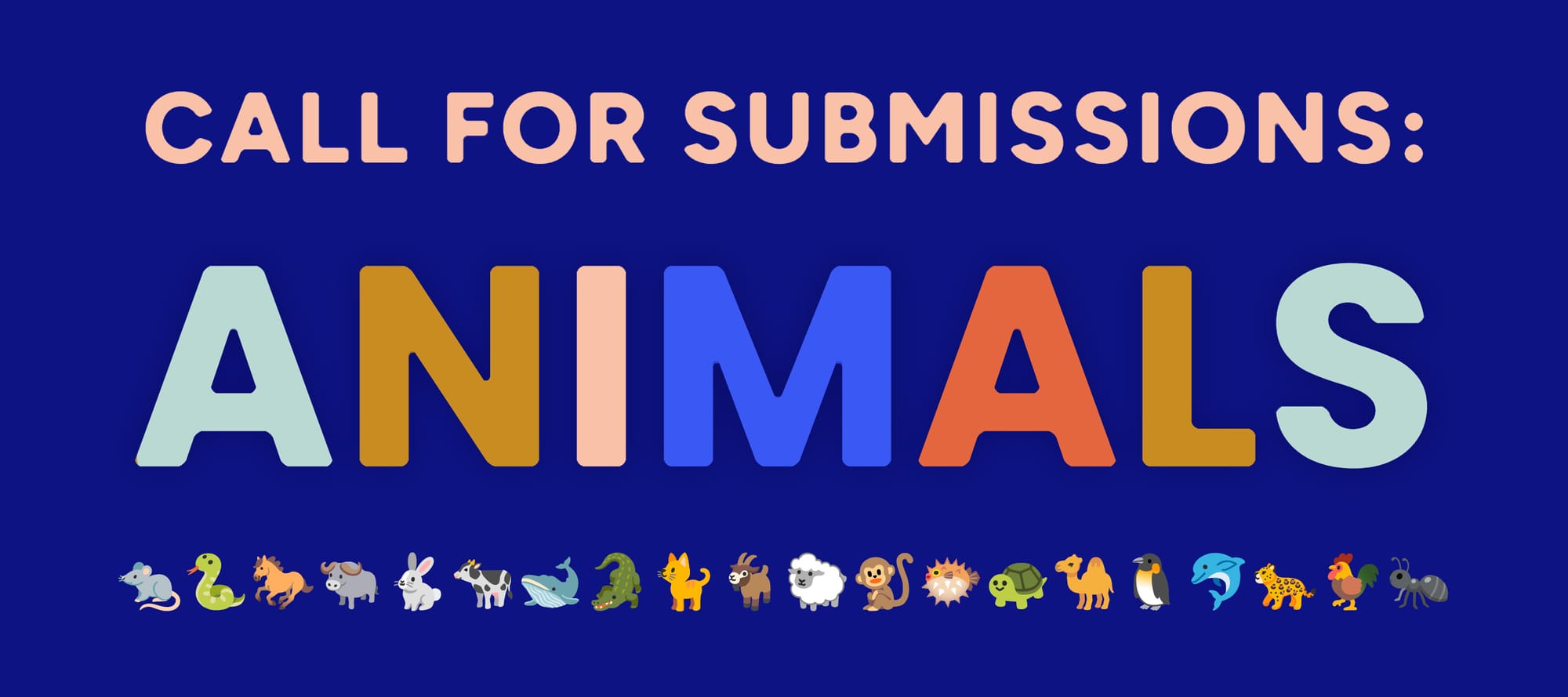Distance
by Jill Talbot | How to get going and stay gone.

This isn’t going to be a long essay, because it’s about distance, and paragraphs won’t hold absence for long. So you get in and you get going. Watch:
I stood at the podium in black. I don’t remember that, of course, but I know it’s what I always wear: the darkest night, the distance, a sharp outline of contrast—me against me. I do remember the way he leaned against the back wall in a pose I’d seen at that bar on 19th where he played every Thursday. I do remember the lines of his blue and white shirt, the crease in the front of his jeans, the pointed-toe boots. It was all so West Texas. He raised his hand and asked why I write things the way they never were, never could have been. That question. It upended me. I kept my eyes on him for the rest of the question-and-answer, sure he’d be my next question.
On a night not long after that one, I walked home from campus, wondering what to say the next morning to a group of students about a character who wants nothing more than to get going and stay gone. But when I saw him strumming through the window of that bar, I lingered for a whole song, watched as he propped a boot heel on a rung and slowed down a fast song.
I wondered if he might slow me down.
He was from down south, a town called Marathon, dust and tumbleweeds, rust and empty roads, storefront signs that whine in the grit of the wind. I could hear the chords in the distance, darlin’. I have to say darlin’ here, because we were in Texas. In the middle of the night in the middle of my bed, I struggled against the sheets to imagine the scratch of his beard against my body. That question of his. It should have been a sign. But I went after him anyway, and it wasn’t long before he picked up on whatever it was that chased me like a chaser, gulping and gutting.
We’re all being chased.
But he could stand still and stand it. I was like those tumbleweeds in Marathon, tossing myself toward some rusty-edged road. I was sure it was at least twenty-six miles, or more, between the two of us. Maybe the miles were mine. In the end, he taped a letter to my door: Whether you stay here or go there is not going to make any difference.
I don’t remember what I did with the letter.
I do remember leaving town the next day, chasing the distance, the space I couldn’t see, the grit in the wind. And I can admit it now, I’ve always stayed gone.
Jill Talbot is the author of The Last Year, winner of the 2023 Wandering Aengus Editor’s Prize in Nonfiction, a collection of essays based on her 2019–20 Paris Review’s The Daily column about her daughter’s last year at home before leaving for college. She’s also the author of Loaded: Women and Addiction, a collection of personal essays, and The Way We Weren’t: A Memoir. Her short story collection, A Distant Town, won the Florida Review’s Jeanne Leiby Memorial Chapbook Award in 2021. Talbot’s essays have appeared in Agni, Brevity, Colorado Review, Gulf Coast, Hotel Amerika, LitMag, River Teeth: A Journal of Nonfiction Narrative, and Southwest Review, among others. Find her at jilltalbot.net or @jilltalbot.
This essay first appeared in Passages North (#36, 2015).
Calling all cat (lads &) ladies/ We’re looking for flash nonfiction about animals. 🐈 🐕 🐏 🦫 🦆 🦦 🐙 🦀 🐟 Submission guidelines →
Want more like this? Subscribe to Short Reads and get one fresh flash essay—for free—in your inbox every Wednesday.







